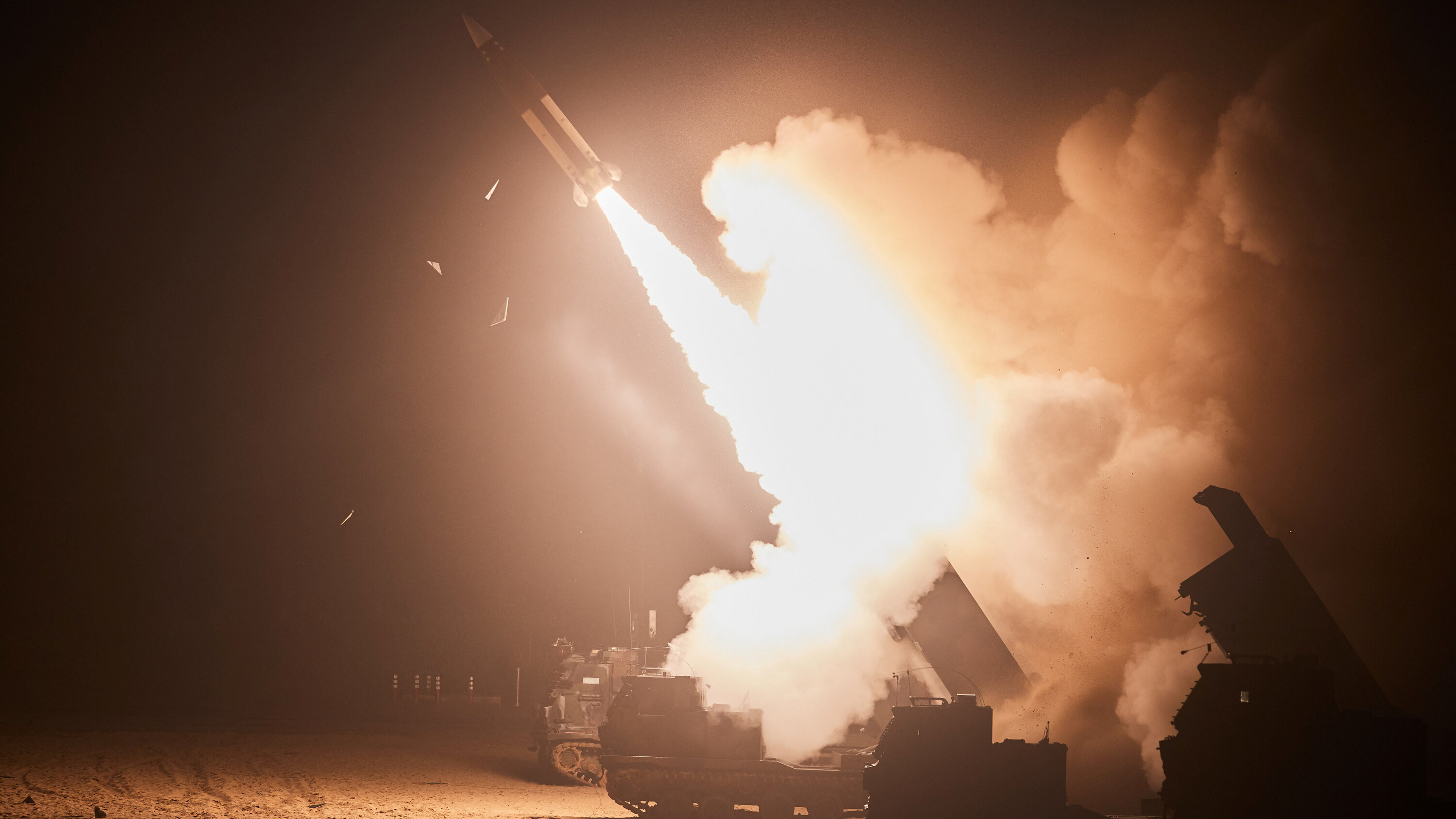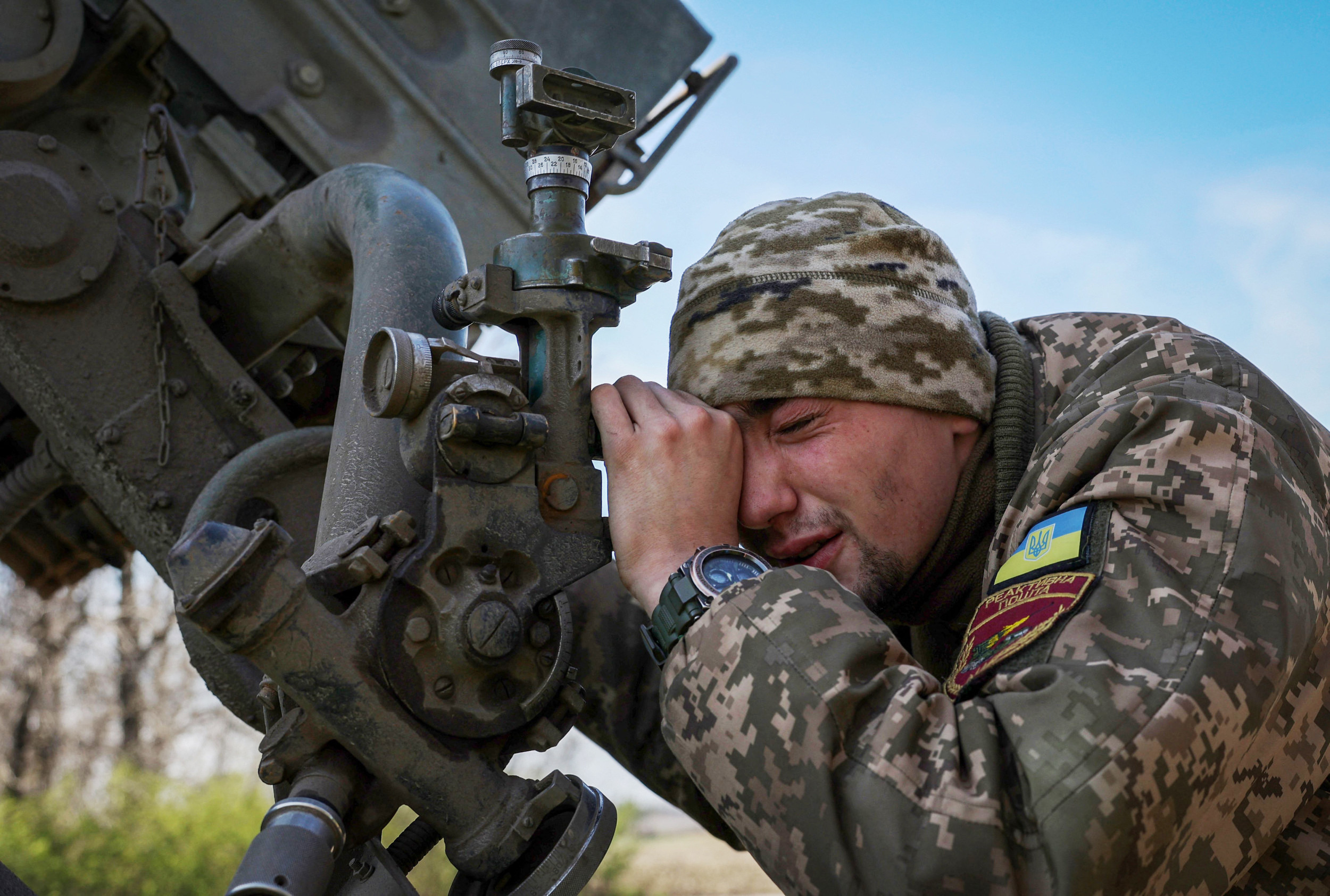The ongoing conflict in Ukraine has entered a new phase, with both sides intensifying their efforts and the potential for escalation looming large. While Ukraine's counteroffensive continues to push back Russian forces, a debate has emerged over the provision of long-range missiles that could strike deep into Russian territory.
The Ukrainian leadership, along with some European allies, argues that such weapons are crucial for Kyiv's defense, as they would allow for targeting of Russian military infrastructure and command centers located beyond the reach of Ukrainian forces. This would, they maintain, help prevent future attacks on Ukrainian cities and civilians.
However, the potential consequences of supplying long-range missiles are significant and have sparked widespread concerns. Russia has repeatedly warned that providing such weapons would constitute a direct attack on Russian territory and would prompt a forceful response. The rhetoric coming from Moscow has escalated, with officials suggesting that Russia might resort to the use of nuclear weapons if Ukraine's offensive capabilities are significantly enhanced.
Nuclear Threat Looms Over Ukraine's Counteroffensive
Former Russian President Dmitry Medvedev, now deputy chairman of Russia's Security Council, delivered a chilling warning on September 14, stating that if restrictions on Ukraine's use of Western weapons were loosened, Kyiv could be turned into a “gray melted spot.” This stark statement reflects the escalating anxieties surrounding the potential for nuclear escalation. The threats voiced by Medvedev and other Russian officials highlight the risks associated with providing long-range missiles to Ukraine, raising questions about the balance between supporting Ukraine's defensive efforts and preventing a potentially devastating conflict.
The Risk of Nuclear War
The possibility of a nuclear conflict is not only a theoretical concern, but a genuine threat. The rhetoric surrounding the potential for nuclear escalation highlights the fragility of international security and the delicate balance that exists between military power and diplomacy. In a world where nuclear weapons remain a constant threat, the consequences of miscalculation or misinterpretation are potentially catastrophic.
Global Concerns Over Missile Supply
The debate over long-range missile supplies has sparked global concerns, with many countries expressing apprehensions about the potential for escalation. The United States, while providing substantial military aid to Ukraine, has so far been reluctant to provide weapons capable of striking deep inside Russian territory. This reflects the complex considerations surrounding the conflict, as well as the desire to avoid a wider confrontation between Russia and the West.
The Uncertain Future of the Conflict
The situation in Ukraine remains highly volatile, with both sides demonstrating a willingness to escalate the conflict. The potential for nuclear escalation hangs over the battlefield, adding another layer of complexity to the already tense situation. As the war drags on, the stakes continue to rise, and the need for diplomatic solutions becomes increasingly urgent.
Is a Nuclear Conflict Inevitable?
While the threats from Moscow are concerning, it is crucial to avoid alarmist interpretations. The risks of nuclear escalation are real, but they should not be overstated. The international community, along with key actors such as the United States, must work collaboratively to de-escalate tensions and seek a peaceful resolution to the conflict. The focus should be on promoting dialogue, fostering diplomacy, and exploring all possible avenues for a negotiated settlement.
The Importance of Restraint and Diplomacy
The conflict in Ukraine underscores the importance of restraint and diplomacy in managing international crises. The potential for escalation is always present, and it is essential to maintain a focus on finding peaceful resolutions. The global community must remain vigilant and work together to de-escalate tensions and prevent a potentially devastating conflict.
The war in Ukraine has already inflicted immense suffering on the Ukrainian people. It is crucial to remember that every effort must be made to prevent a further escalation of the conflict, with the potential for nuclear escalation being a major cause for concern.


















